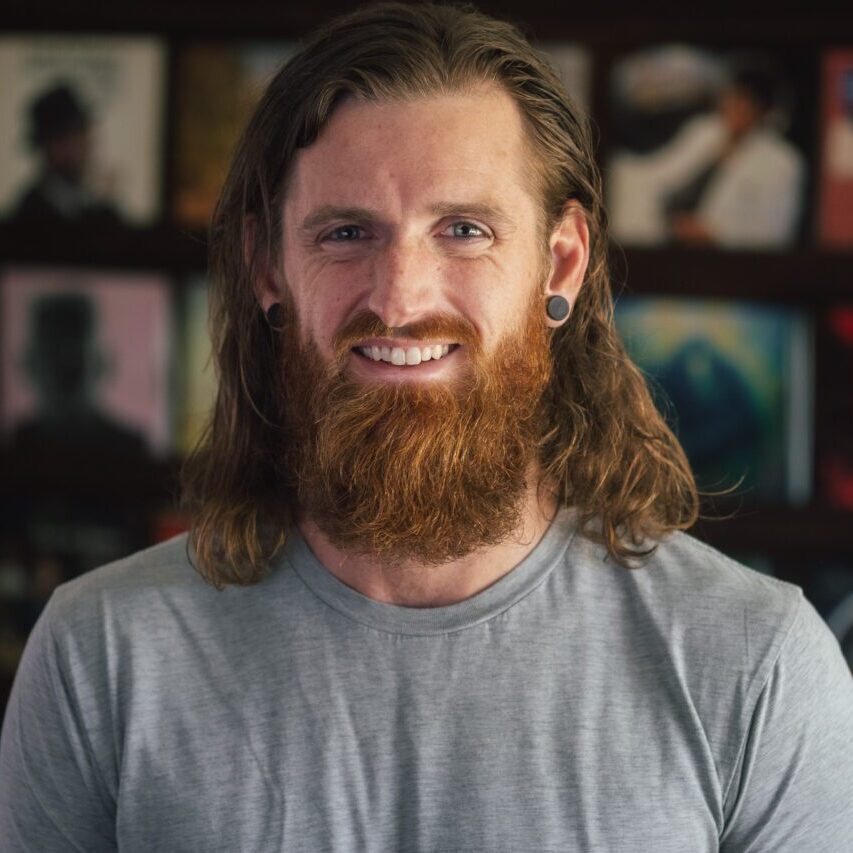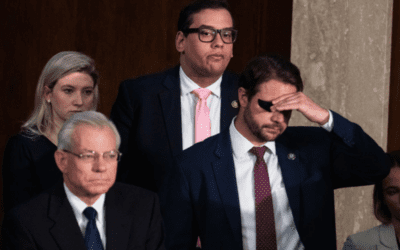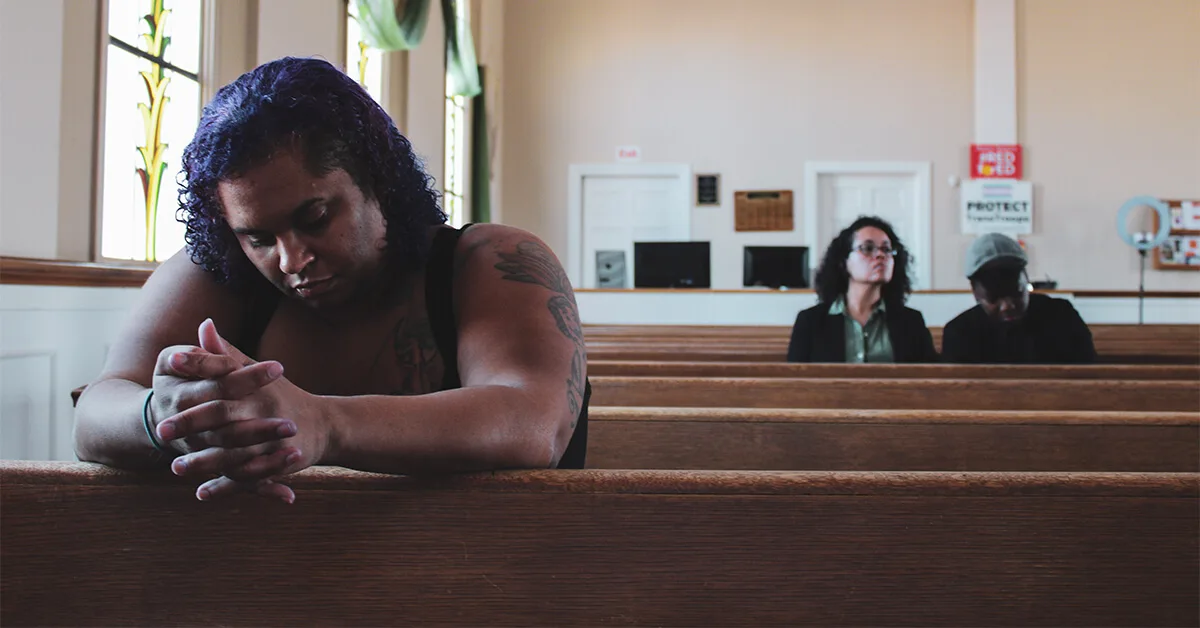
Photo by Camaron Stevenson.
Redeem Robinson started his Phoenix-based church last year. After building a thriving congregation, he’s now praying that his church will weather the storm.
As the country shuts down in an attempt to slow the spread of the coronavirus, lawmakers are going back and forth on ways to help households and businesses facing economic turmoil.
But as leaders propose tax cuts and subsidy checks, one group has been overlooked: local churches.
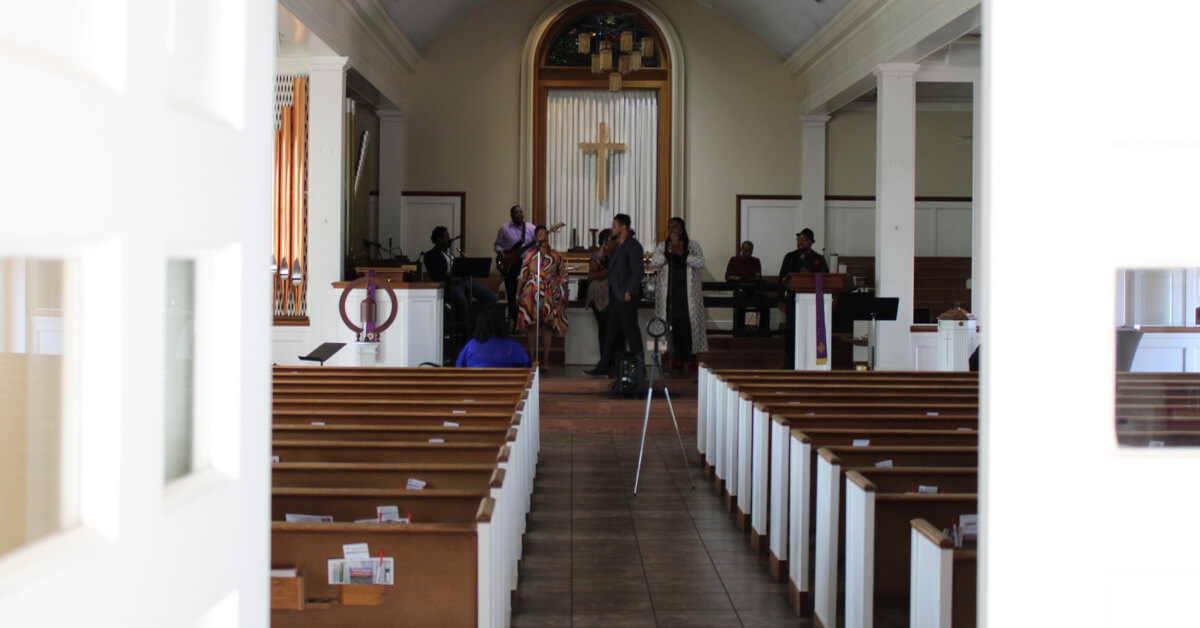
Faith-based organizations like the Church of Jesus Christ of Latter-Day Saints and Arizona’s three Catholic Dioceses announced a temporary end to in-person gatherings. But larger churches like these, whose coffers are estimated to hold several billions of dollars, aren’t as reliant on weekly contributions as smaller churches.
One church leader, Bishop Paul Egensteiner of the Evangelical Lutheran Church in America’s Metropolitan New York Synod, said some of the 190 churches in his region were unlikely to survive because of a two-pronged financial hit. Their offerings are dwindling, and they are losing income from tenants, such as preschools, which can no longer afford to rent church venues.
“As much as I’d like to help them, everybody’s reserves are taking a hit because of the stock market,” Egensteiner said.
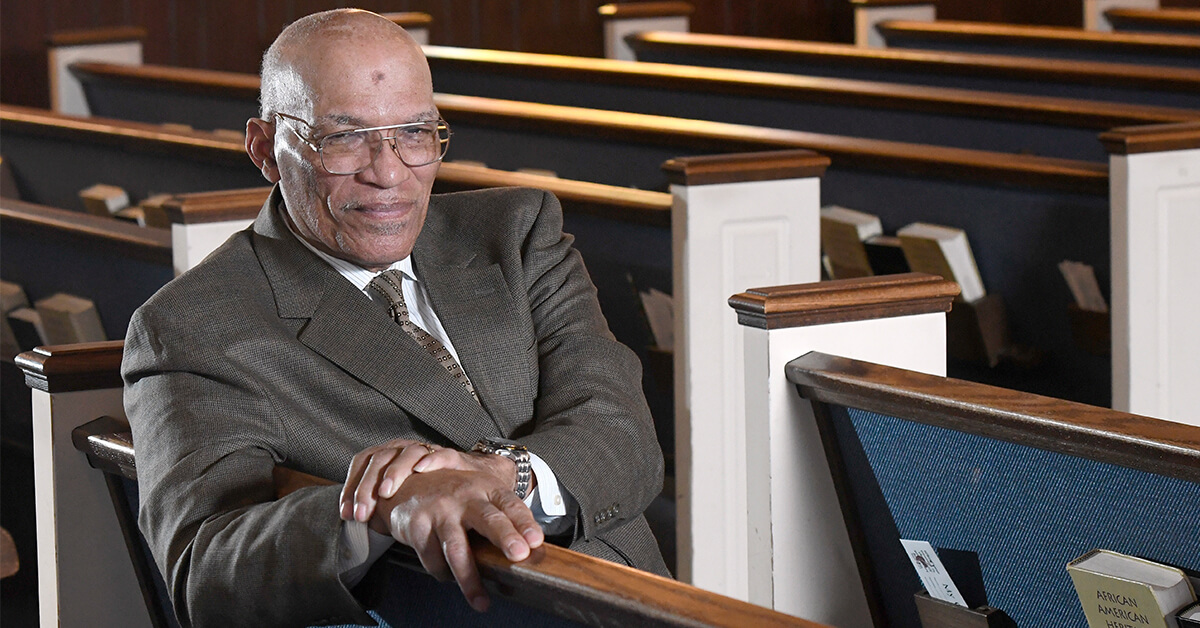
At Friendship Baptist Church in Baltimore, a mostly African American congregation of about 1,100, the Rev. Alvin Gwynn Sr. bucked the cancellation trend by holding services last Sunday. But attendance was down by about 50%, and Gwynn said the day’s offering netted about $5,000 compared to a normal intake of about $15,000.
“It cuts into our ministry,” he said. “If this keeps up, we can’t fund all our outreach to help other people.”
Redeem Robinson, Senior Pastor at Ebenezer Church in Phoenix, said that the donations received during his weekly service are vital for the church to fulfill its core mission: to help those in need.
“Right now we’re asking for donations. We’ve been searching high and low for supplies that we can give to other people,” Robinson said. “There’s people with no toilet paper, no sanitizer. So whatever we can find, we want to make sure people who need it can get it.”
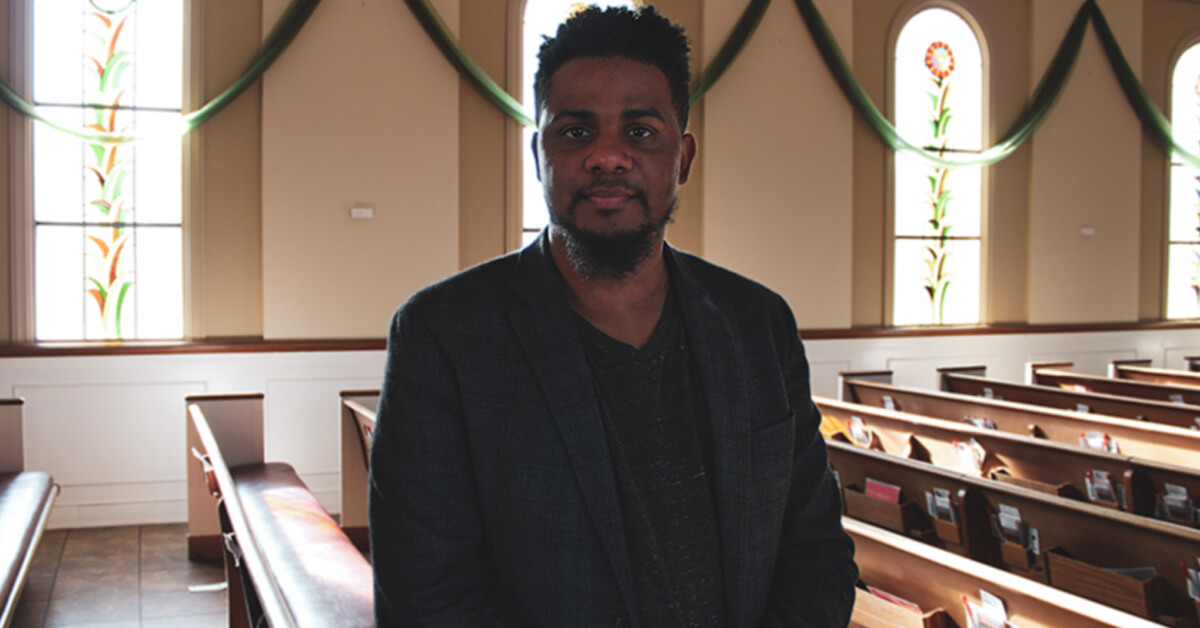
Over the past year, Robinson has seen his congregation grow to around 30 members in attendance every week. Attendance is made up of residents from west and south Phoenix, regions where access to supermarkets and convenience stores is hard to come by. Access is so limited in these neighborhoods that they are considered food deserts by the U.S. Department of Agriculture.
In downtown Phoenix, where Robinson holds his services, he has seen the population of residents experiencing homelessness grow, while resources available to them has dwindled. His church operates out of the First Church UCC of Phoenix, where staff and volunteers provide meals, clothing, and basic medical services to hundreds of unsheltered residents every Sunday.
But the practice – along with all other community events at the church grounds – has been put on hold. Leadership from the First Church UCC of Phoenix made the decision to temporarily end in-person gatherings in an attempt to help reduce the spread of the coronavirus. The church’s senior pastor, James Pennington, announced the decision last week in a video posted online.
“As a progressive community of faith, we feel that it’s incredibly important to embrace science and research,” Pennington said. “So in the next two weeks, our plan is to find creative ways for us to be together in community, and reach out even wider in our neighborhood.”
For Robinson, a military veteran who has served as a clergy member for over a decade, the closure presents a new challenge: How can he keep his congregation together without holding service?
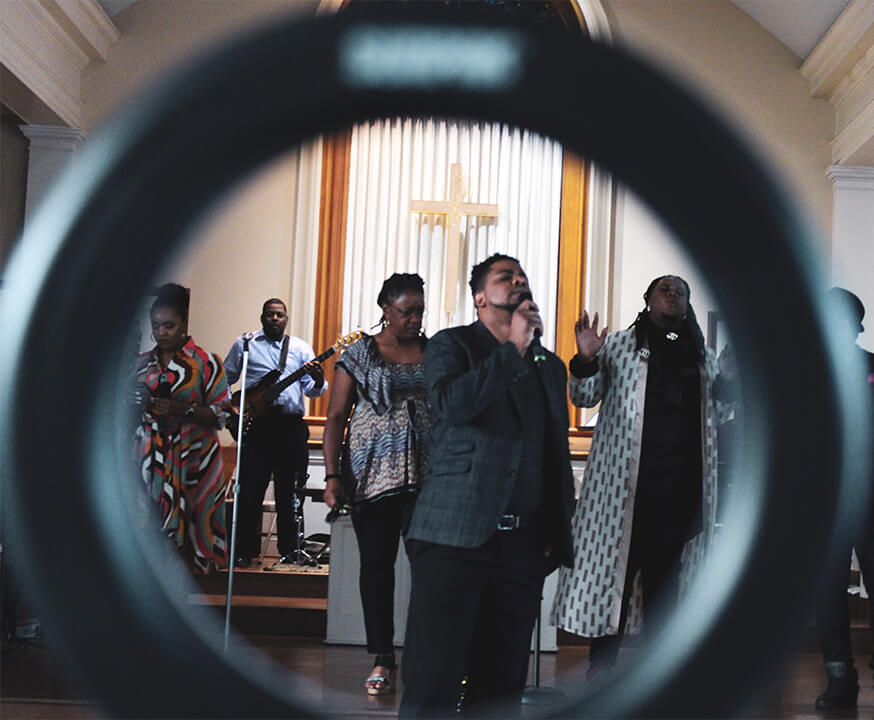
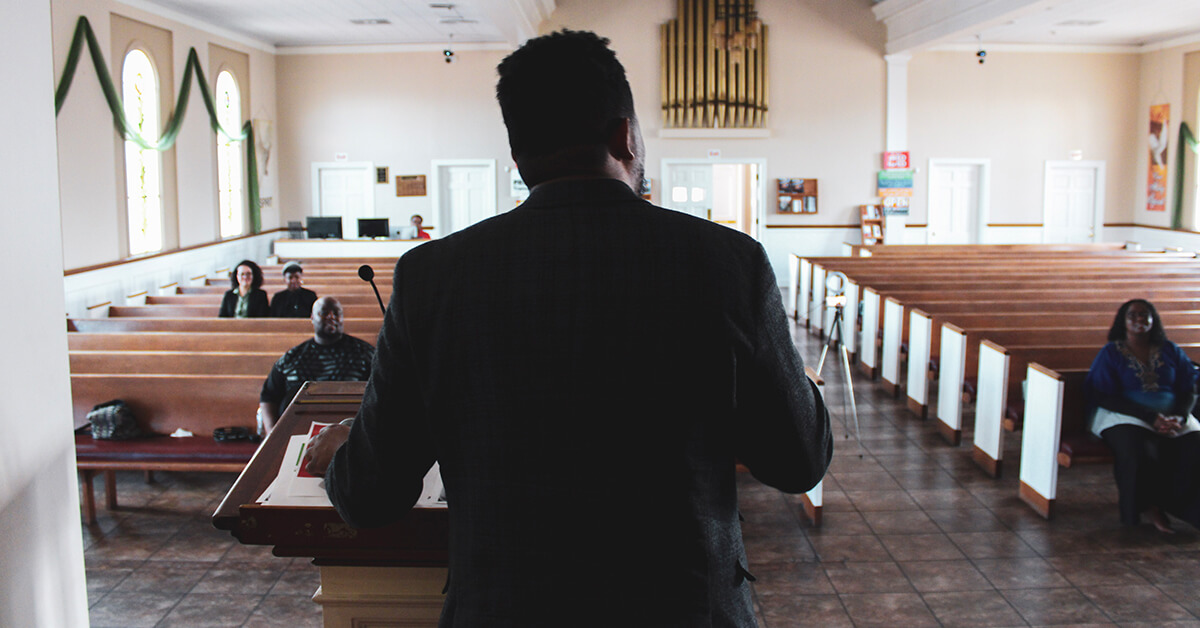
On March 15, Robinson arrived at the chapel early to prepare for his last in-person service before the church grounds were scheduled to close. He sanitized the pews, reviewed his sermon, and set up equipment that allowed him to live stream the service online.
While it attracted viewers, it was not able to bring in as many contributions as when his congregation is able to gather together.
“This is the first time I’m seeing churches completely shut down,” Robinson said. “It’s effecting the contributions we bring in. And without that, we’re not able to help other people.”
Despite the uncertainty, Robinson’s service was complete with a heartfelt sermon, passionate musical interludes, and opportunities to fellowship – albeit at a distance.
But instead of the usual room full of people, the pews held only a handful of dedicated individuals. And until city, state, and national leaders lift the bans on public gatherings to reduce the spread of the coronavirus, a live stream will be taking the place of a full chapel.
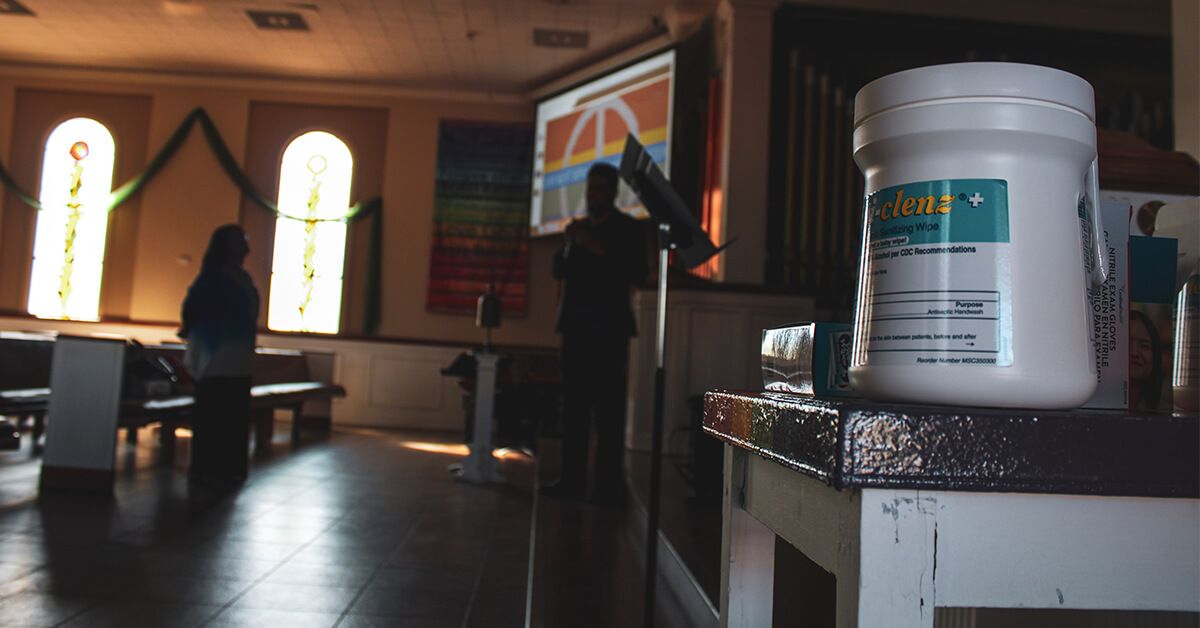
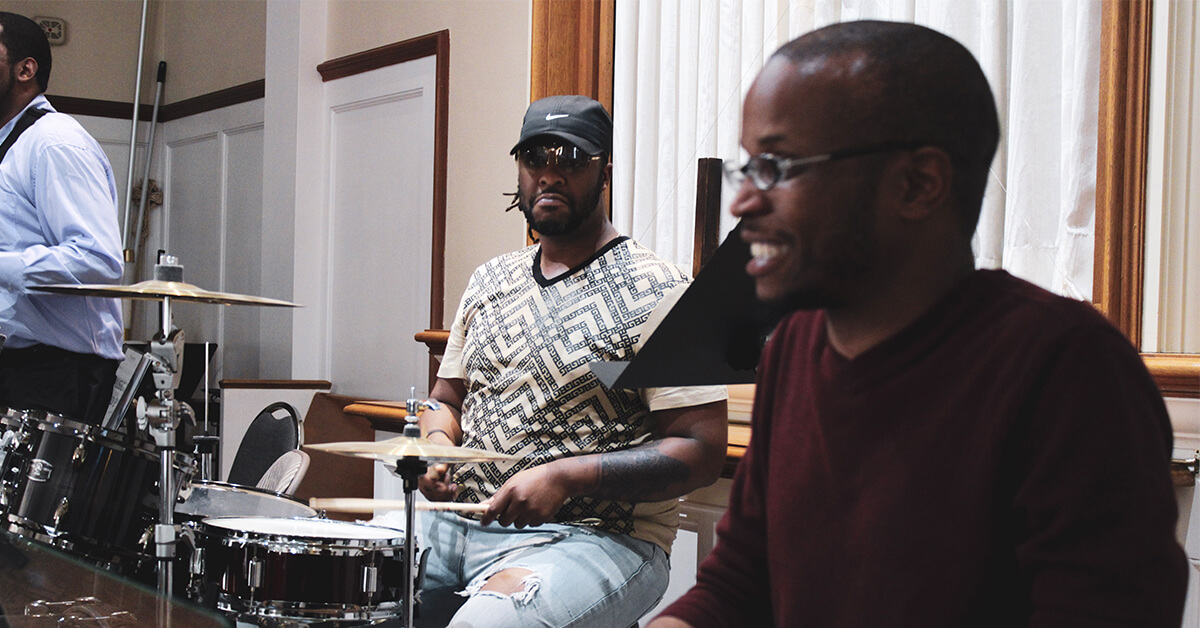
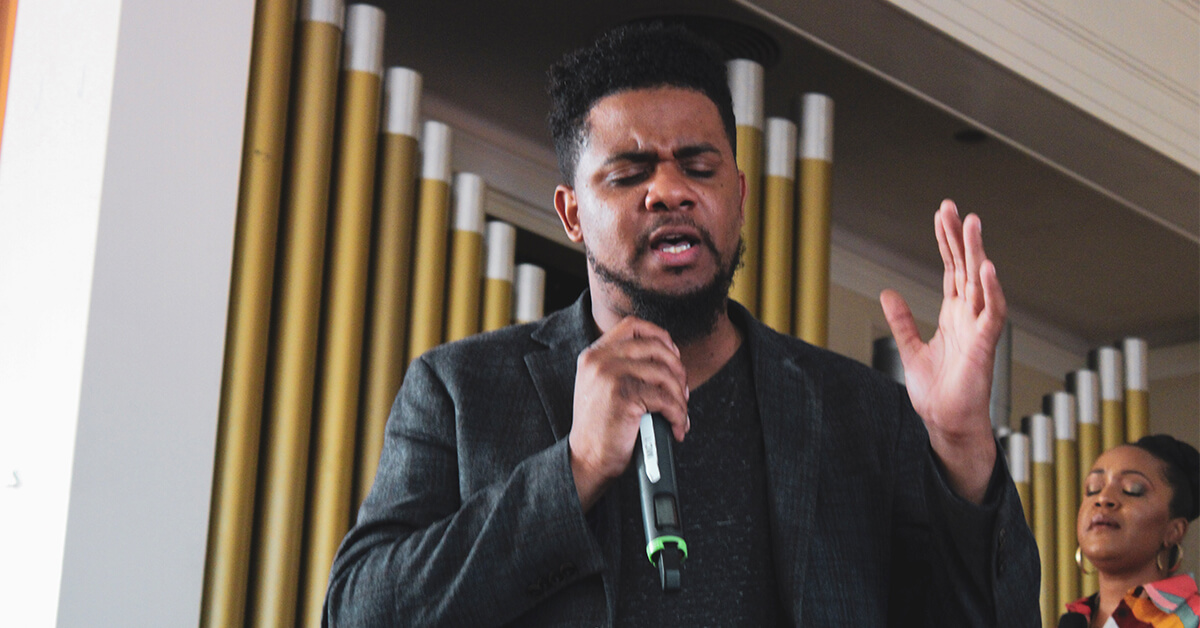
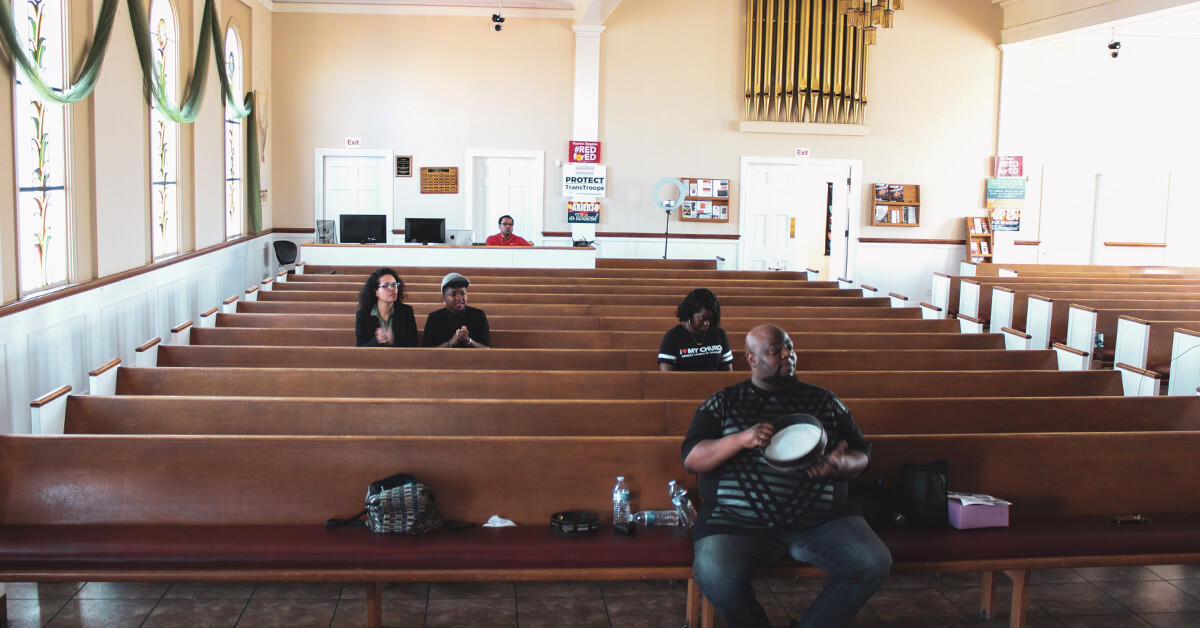
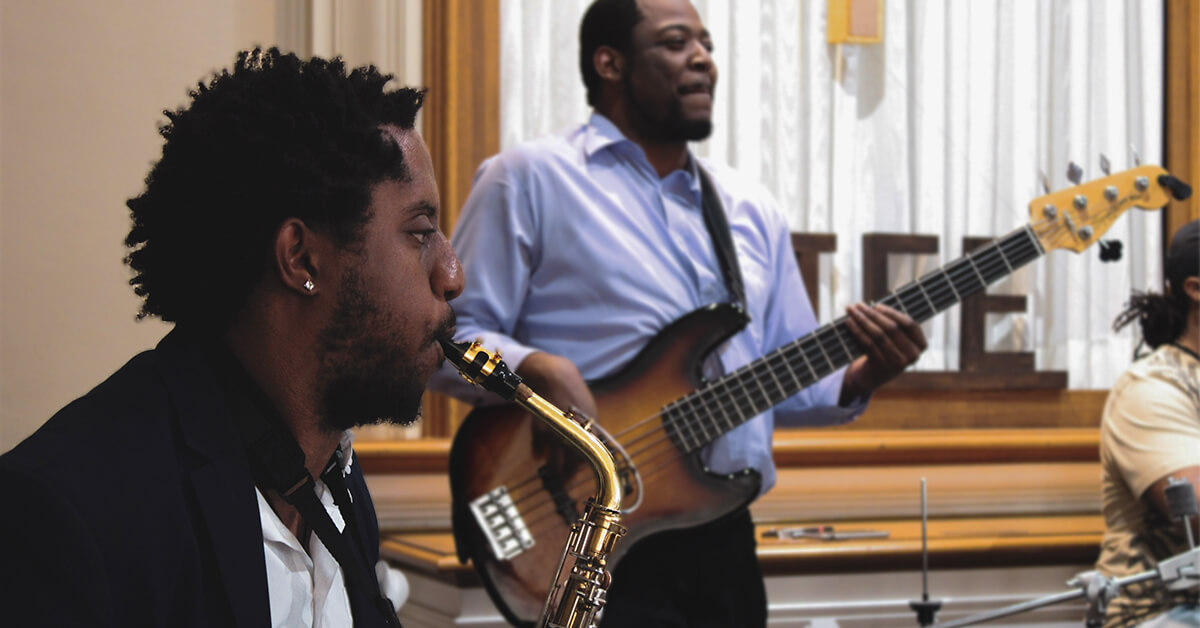
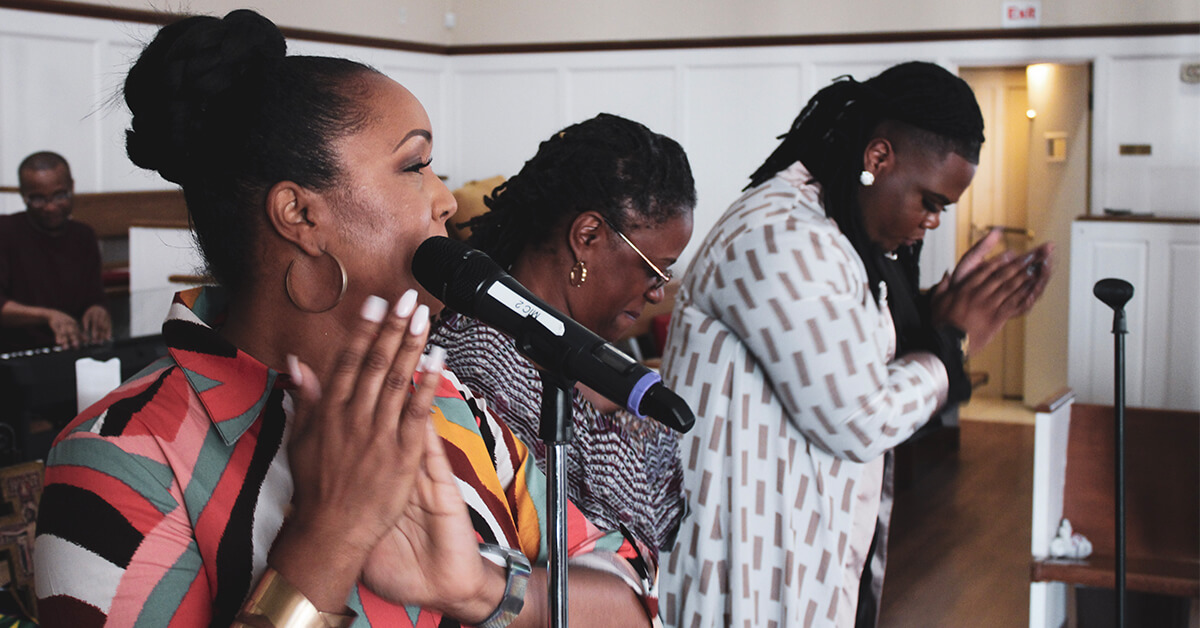
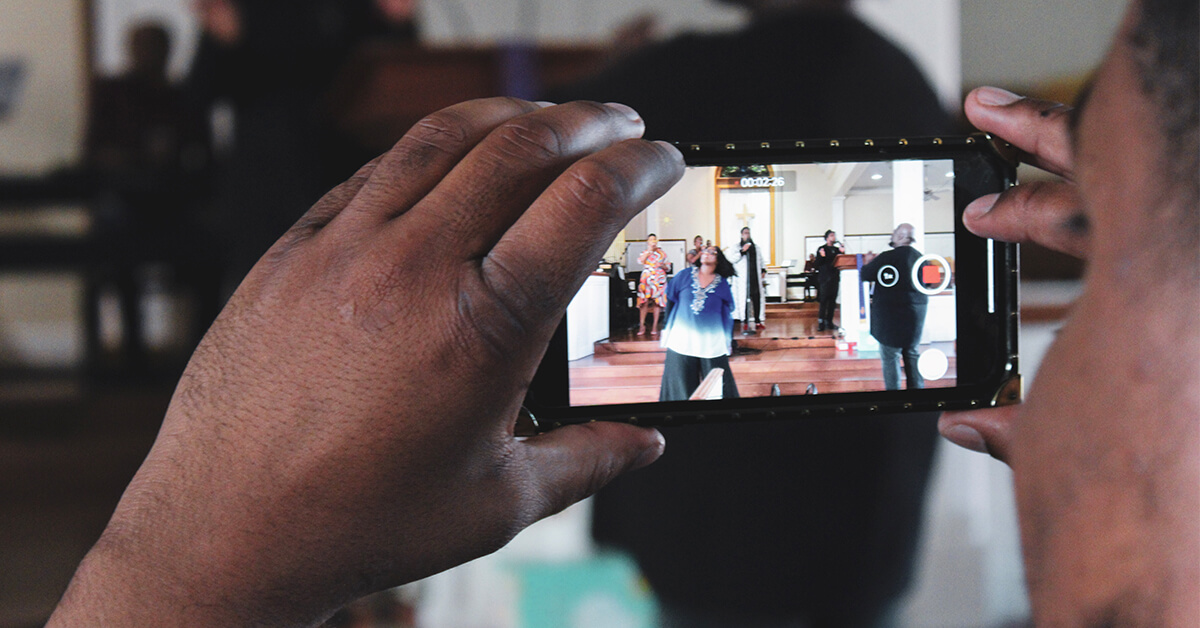
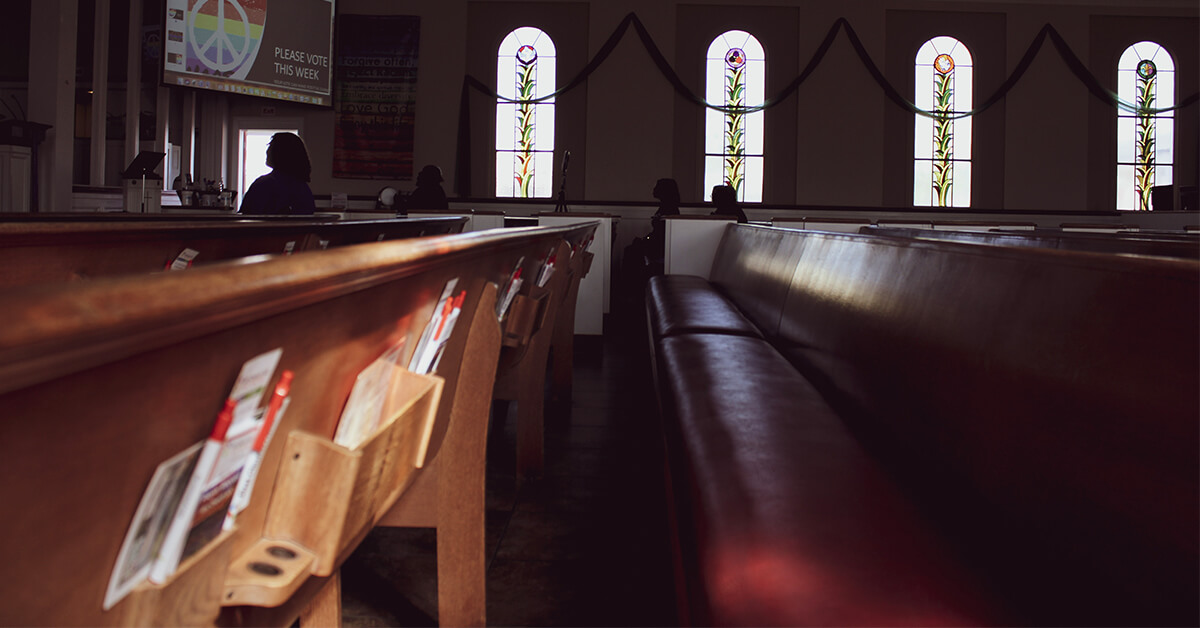
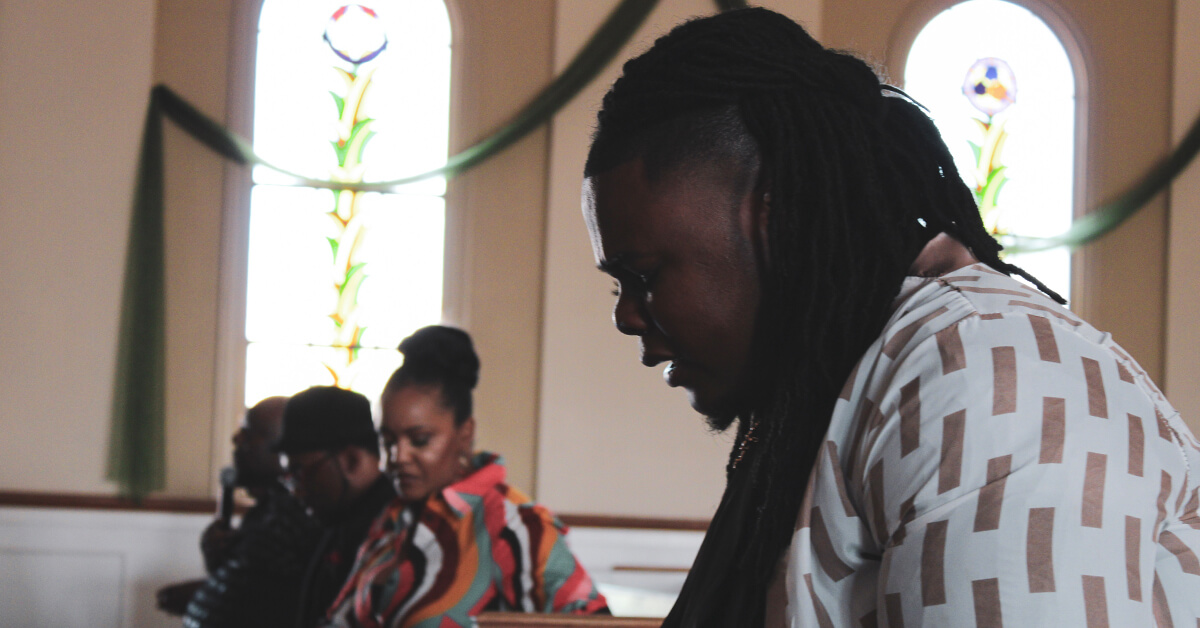
The Associated Press contributed to this report.
Support Our Cause
Thank you for taking the time to read our work. Before you go, we hope you'll consider supporting our values-driven journalism, which has always strived to make clear what's really at stake for Arizonans and our future.
Since day one, our goal here at The Copper Courier has always been to empower people across the state with fact-based news and information. We believe that when people are armed with knowledge about what's happening in their local, state, and federal governments—including who is working on their behalf and who is actively trying to block efforts aimed at improving the daily lives of Arizona families—they will be inspired to become civically engaged.


He said what? 10 things to know about RFK Jr.
The Kennedy family has long been considered “Democratic royalty.” But Robert F. Kennedy, Jr.—son of Robert F. Kennedy, who was assassinated while...

Here’s everything you need to know about this month’s Mercury retrograde
Does everything in your life feel a little more chaotic than usual? Or do you feel like misunderstandings are cropping up more frequently than they...

Arizona expects to be back at the center of election attacks. Its officials are going on offense
Republican Richer and Democrat Fontes are taking more aggressive steps than ever to rebuild trust with voters, knock down disinformation, and...

George Santos’ former treasurer running attack ads in Arizona with Dem-sounding PAC name
An unregistered, Republican-run political action committee from Texas with a deceptively Democratic name and ties to disgraced US Rep. George Santos...

